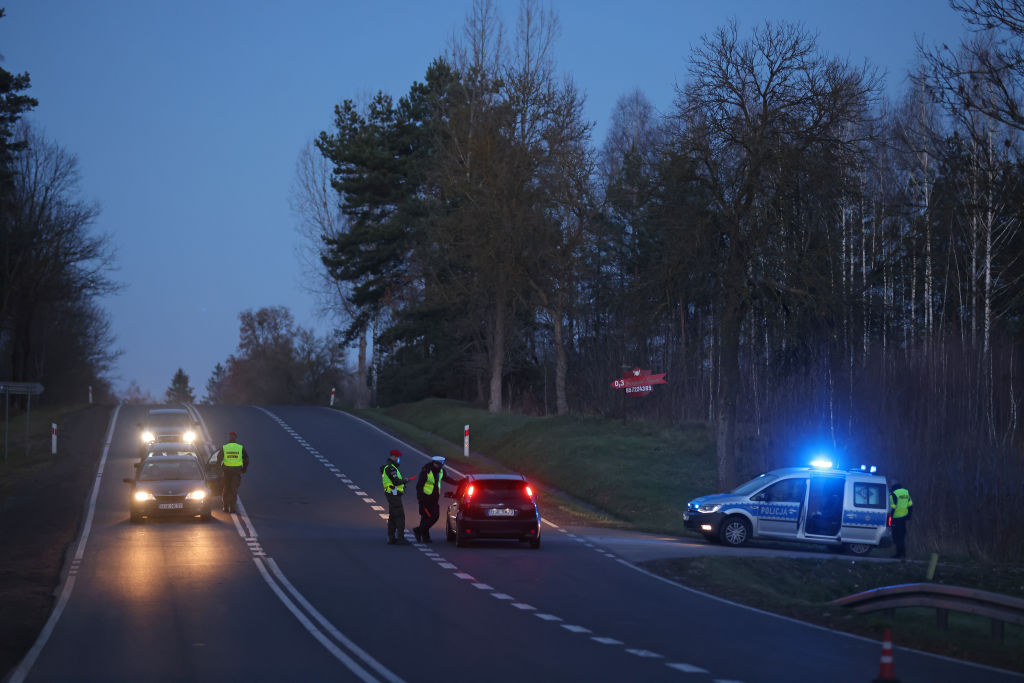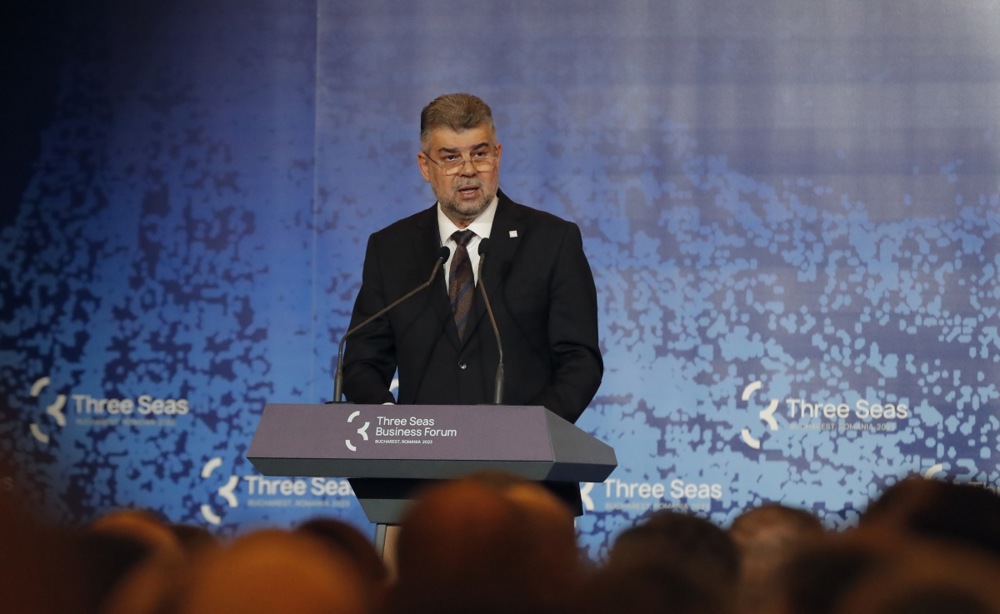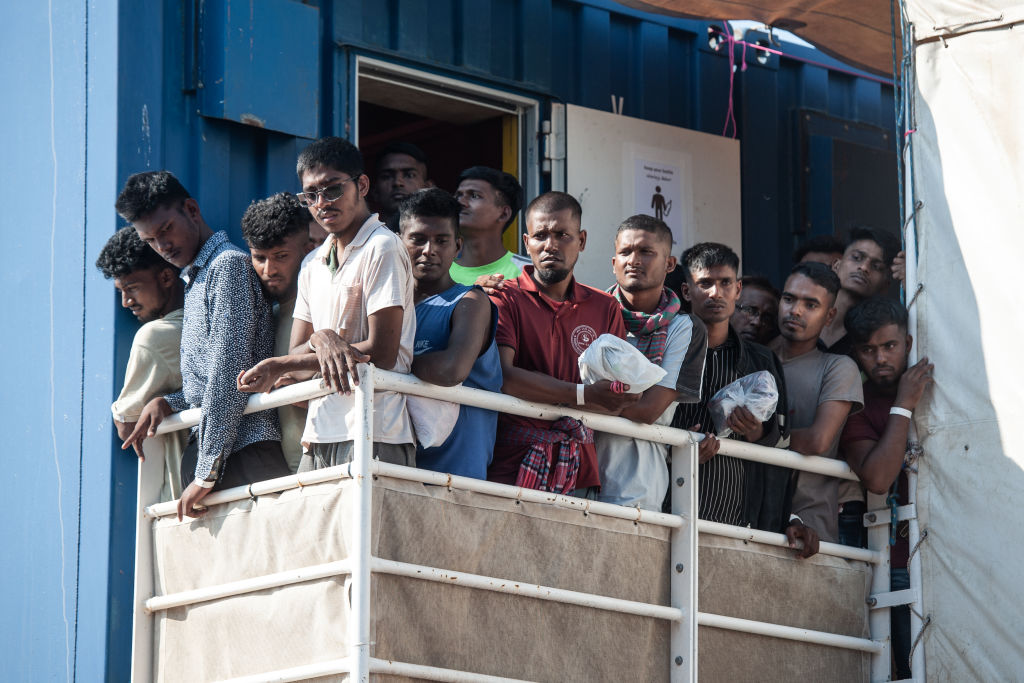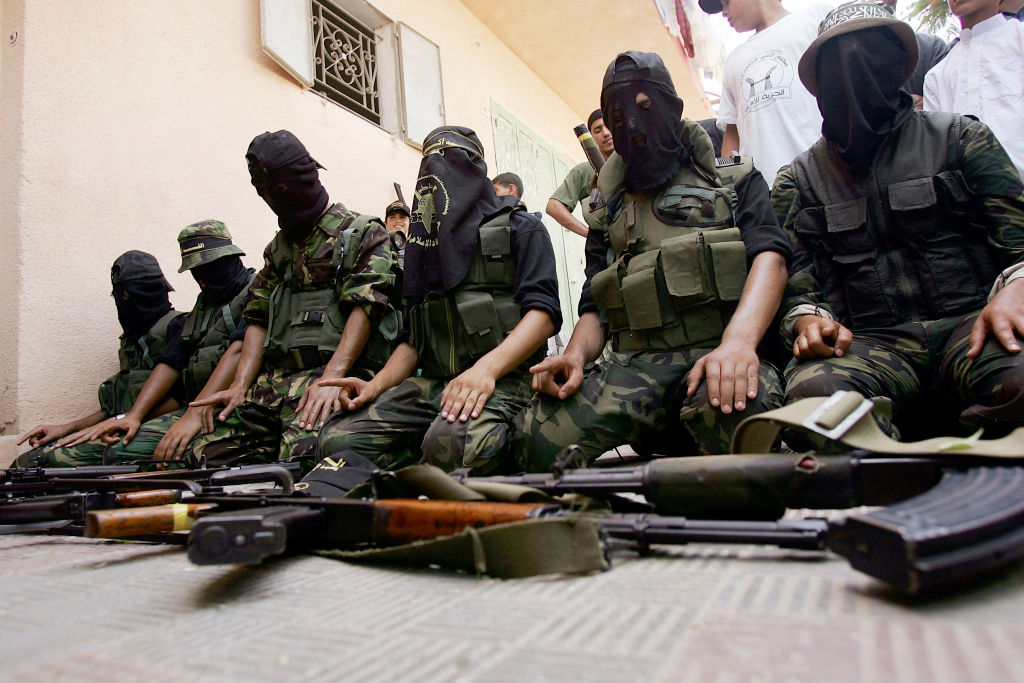Three more European Union nations have reintroduced border controls due concerns over growing terrorism threats, further impacting the Schengen Area.
The EU’s free-travel zone had already been under pressure due to illegal mass migration, with checks reimposed on the borders of Germany, Czechia, Poland and Slovakia.
This collective move started when Italy announced its intention to reimpose border controls with Slovenia. Subsequently, Slovenia conveyed a similar message to Croatia, revealing its intentions to implement border surveillance measures along their shared frontiers with both Croatia and Hungary, effective from October 21.
“The Schengen Code allows Member States to reinstate internal control in specific emergency situations, but this does not mean a return to the [pre-Schengen] border controls,” said Croatian interior minister Davor Bozinovic.
That comes just a few weeks after European Commission officials were told at a press conference that “Schengen is collapsing”.
The grilling came as border checks are now operating between several EU Member States in response to the ongoing mass-migration crisis. https://t.co/lDridqgx8E
— Brussels Signal (@brusselssignal) September 27, 2023
The return of border checks for Croatia comes only 10 months after it had finally joined the Schengen Area in January 2023.
The new controls are being implemented in response to rising terrorism concerns and the ongoing Israel-Hamas war in the Middle East.
Following the outbreak of that on October 7, terrorist attacks and threats have spread across Europe.
On October 16, two Swedish men were murdered in Brussels by a Tunisian citizen claiming to be acting on behalf of the Islamic State. The terrorist, Abdesalem Lassoued, had illegally entered Belgium and been living there for more than three years.
A man identifying as a supporter of the Islamic State murdered two men and wounded another on Monday. The police shot the man dead on Tuesday morning. https://t.co/h1SHO4aGAe
— Brussels Signal (@brusselssignal) October 17, 2023
Since the outbreak of Israel-Hamas war, France has also seen the murder of school teacher in Arras and has there have been bomb threats and scares at numerous airports.
There have also been divisions over the war within EU countries, with many protests supporting the Palestinians and some demonstrations descending into riots in Berlin.
As a result, concerns about border control have grown amid fears that terrorists may seek to enter the EU via illegal migration routes, as happened in 2015.
Under Schengen rules, such border measures can be initially imposed for 10 days and can then be extended for an additional two months. After that, any state applying the controls has to prove to the EU that they are necessary
Croatian Prime Minister Andrej Plenkovic highlighted the scale of illegal migration and human smuggling his nation faces. He said Croatian police had so far apprehended more than 1,000 migrant smugglers.
Bozinovic, attending a Council of Ministers meeting Luxembourg, urged the EU to come to an agreement with Bosnia-Herzegovina that would allow the bloc to deploy its border agency Frontex in Bosnia.
He stressed the necessity of deploying the agency in the Bosnia-Herzegovina area that is a primary entry point for illegal migrants. He said Croatia was prepared to contribute significantly to safeguarding the EU’s external borders.
“Frontex should be deployed in Bosnia and Herzegovina, especially in the part from which the largest number of illegal migrants come,” said Bozinovic, adding that Croatia has enough police officers for its border with the non-EU Western Balkans.





